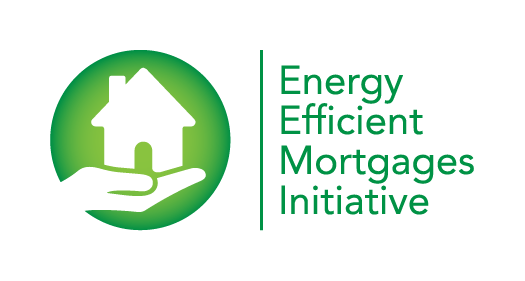Best Practices in European Public Support Schemes for Energy Efficiency
The report examines five significant energy-efficiency (EE) public support schemes across Europe, including Germany, Estonia, Italy, Spain, and the UK. The goal is to identify replicable best practices and policy lessons for other jurisdictions seeking to improve EE in the building sector.
Each scheme presents unique approaches and structures: Germany’s KfW programme offers long-term, low-interest loans for building refurbishments, and Estonia’s KredEx Fund uses a revolving loan system for multi-family building upgrades. Italy’s Superbonus 110% incentivizes renovations via tax deductions, while Spain’s PAREER II provides grants and loans to improve energy efficiency in older residential buildings. The UK’s Green Deal, a “pay-as-you-save” model, faced challenges with uptake, partly due to its high-interest loans.
Key themes across these schemes include addressing market barriers, such as budget constraints, implementation complexities, and stakeholder engagement. Effective practices identified involve setting clear, measurable goals, ensuring adequate financial support structures (like grants, low-interest loans, or tax incentives), and promoting cross-stakeholder collaboration. Barriers include administrative complexity, supply chain limitations, and challenges in sustaining long-term funding. While some schemes like KfW and Superbonus 110% successfully mobilized private investment, others, like the Green Deal, highlight the importance of consumer-centered design in driving demand.
The report’s main findings suggest that well-targeted, adequately funded EE programmes with clear goals are generally more impactful. Moreover, successful programmes often align with broader policy goals, such as reducing carbon emissions and fostering sustainable growth, which ensures stakeholder buy-in and maximizes long-term benefits.
Sitemap
Copyright © Energy Efficient Mortgages Initiative


The project DeliverEEM has received funding from the European Union’s LIFE 2023 programme under grant agreement No.101167431. The EeMAP, EeDaPP, EeMMIP projects have received funding from the European Union’s Horizon 2020 research and innovation programme under grant agreements No. 746205, No. 784979 and No. 894117 respectively
Privacy Overview
| Cookie | Duration | Description |
|---|---|---|
| cookielawinfo-checkbox-analytics | 11 months | This cookie is set by GDPR Cookie Consent plugin. The cookie is used to store the user consent for the cookies in the category "Analytics". |
| cookielawinfo-checkbox-functional | 11 months | The cookie is set by GDPR cookie consent to record the user consent for the cookies in the category "Functional". |
| cookielawinfo-checkbox-necessary | 11 months | This cookie is set by GDPR Cookie Consent plugin. The cookies is used to store the user consent for the cookies in the category "Necessary". |
| cookielawinfo-checkbox-others | 11 months | This cookie is set by GDPR Cookie Consent plugin. The cookie is used to store the user consent for the cookies in the category "Other. |
| cookielawinfo-checkbox-performance | 11 months | This cookie is set by GDPR Cookie Consent plugin. The cookie is used to store the user consent for the cookies in the category "Performance". |
| viewed_cookie_policy | 11 months | The cookie is set by the GDPR Cookie Consent plugin and is used to store whether or not user has consented to the use of cookies. It does not store any personal data. |
